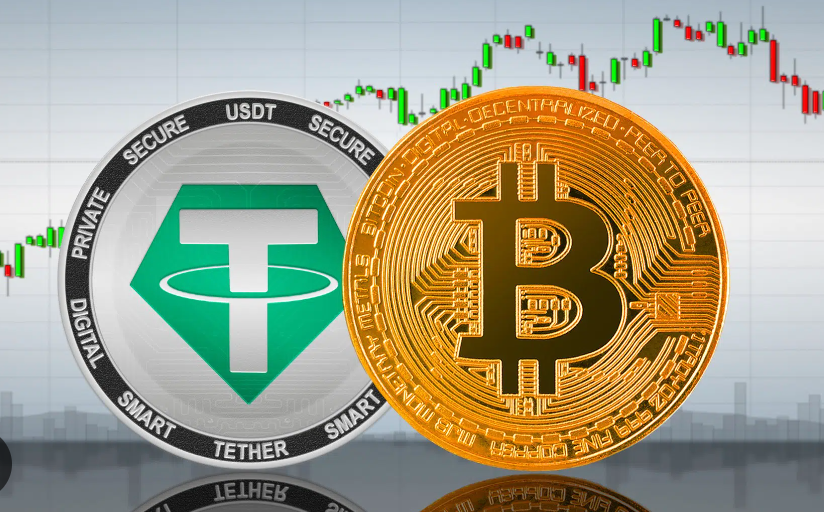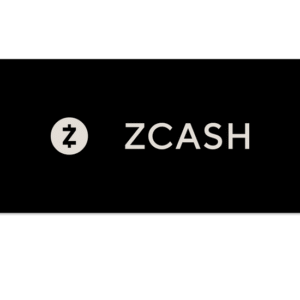$USDT $BYD #Tether #Bolivia #Stablecoins #Toyota #Yamaha #CryptoAdoption #FinancialInnovation #DollarShortage #DigitalCurrency
Why Are Big Brands Like Toyota and Yamaha Accepting Tether in Bolivia? Discover How It Affects Your Wallet!
In a noteworthy development, major brands such as Toyota and Yamaha are now accepting Tether (USDT) for payments in Bolivia. This shift in payment methods comes as businesses adapt to the challenges posed by a dwindling supply of US dollars in the country. The decision by these automotive giants to embrace stablecoins highlights a broader trend in the financial landscape, driven by the need for innovative solutions to currency shortages.
The economic climate in Bolivia has prompted various businesses to seek alternatives to traditional fiat currency. As the US dollar becomes increasingly scarce, companies are turning to stablecoins like Tether to facilitate transactions and maintain liquidity. This transition not only reflects a response to immediate financial pressures but also underscores the growing acceptance of cryptocurrencies in mainstream commerce.
The Rise of Stablecoins: A Game Changer for Businesses
Stablecoins, particularly Tether, offer a unique blend of stability and cryptocurrency benefits. Unlike volatile cryptocurrencies such as Bitcoin or Ethereum, stablecoins are pegged to traditional assets—often the US dollar. This characteristic makes them an attractive option for businesses looking to mitigate risks associated with currency fluctuations.
In Bolivia, the adoption of Tether by well-known brands like Toyota, Yamaha, and BYD symbolizes a significant shift toward digital currencies as a viable alternative for transactions. With businesses increasingly relying on Tether, consumers may find it easier to engage with these brands, potentially leading to a broader acceptance of digital currencies within the consumer market.
Impact on Consumers and the Economy
For consumers, the acceptance of Tether means increased flexibility in payment options. As stablecoins gain traction, individuals will likely benefit from reduced transaction fees compared to traditional banking methods. Moreover, the convenience of making purchases using digital currencies may attract a new demographic of tech-savvy consumers who prefer modern payment methods.
However, the implications of this shift extend beyond consumer convenience. As companies like Toyota and Yamaha normalize the use of Tether, it could pave the way for other businesses to follow suit. This trend may stimulate the local economy, fostering an environment where digital currencies can thrive alongside traditional financial systems.
Navigating the Future of Payments
As the landscape of global finance continues to evolve, the integration of cryptocurrencies into everyday transactions will likely become more commonplace. The decision by major brands in Bolivia to adopt Tether is not merely a response to the current dollar shortage; it is indicative of a larger movement toward embracing financial innovation. For those interested in exploring the world of cryptocurrencies further, consider visiting this link for related insights.
In conclusion, the acceptance of Tether by established brands in Bolivia marks a pivotal moment in the intersection of traditional commerce and digital currencies. As businesses respond to economic challenges with innovative solutions, consumers can anticipate a more dynamic and accessible financial landscape. The future of payments is rapidly changing, and staying informed about these developments is crucial for navigating this evolving economic environment. For more on stock market trends and insights, check out this link.











Comments are closed.